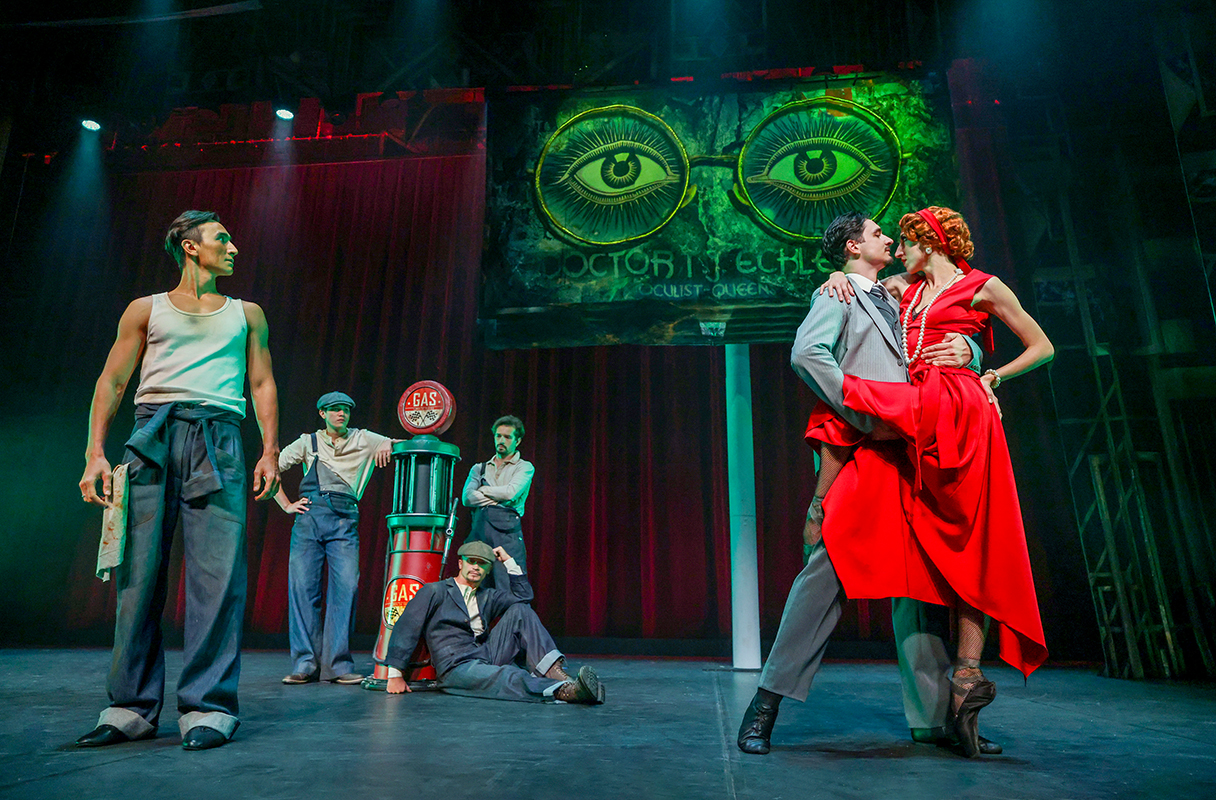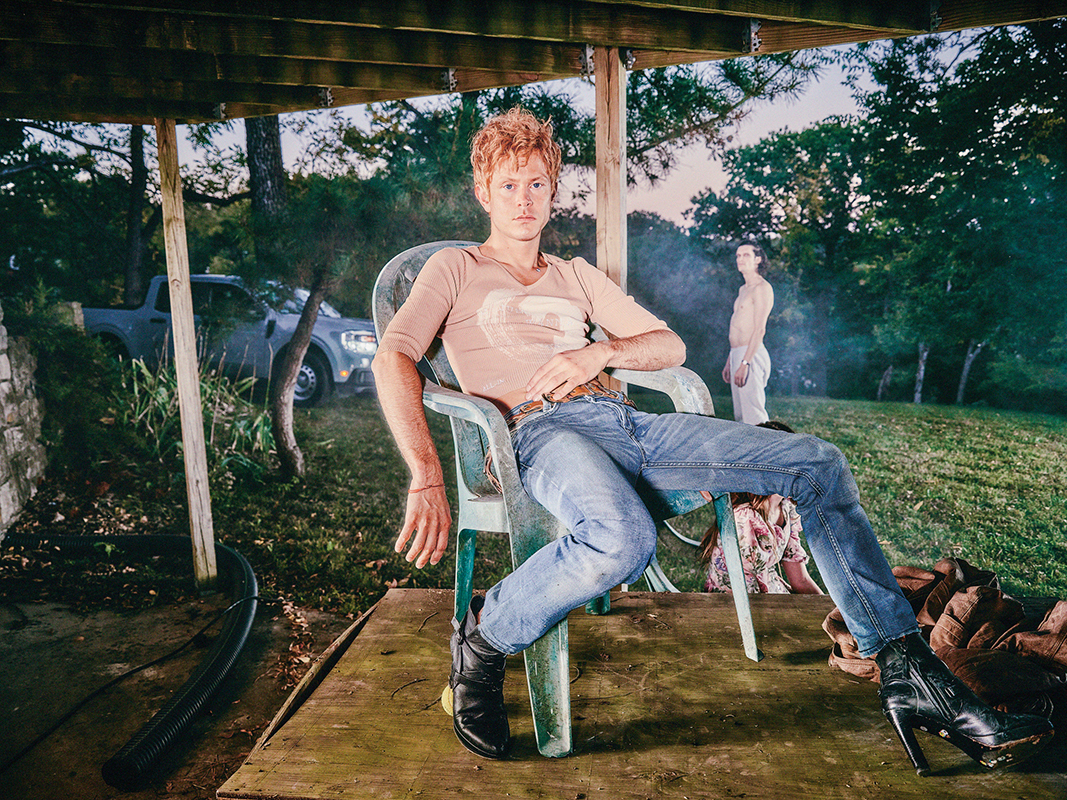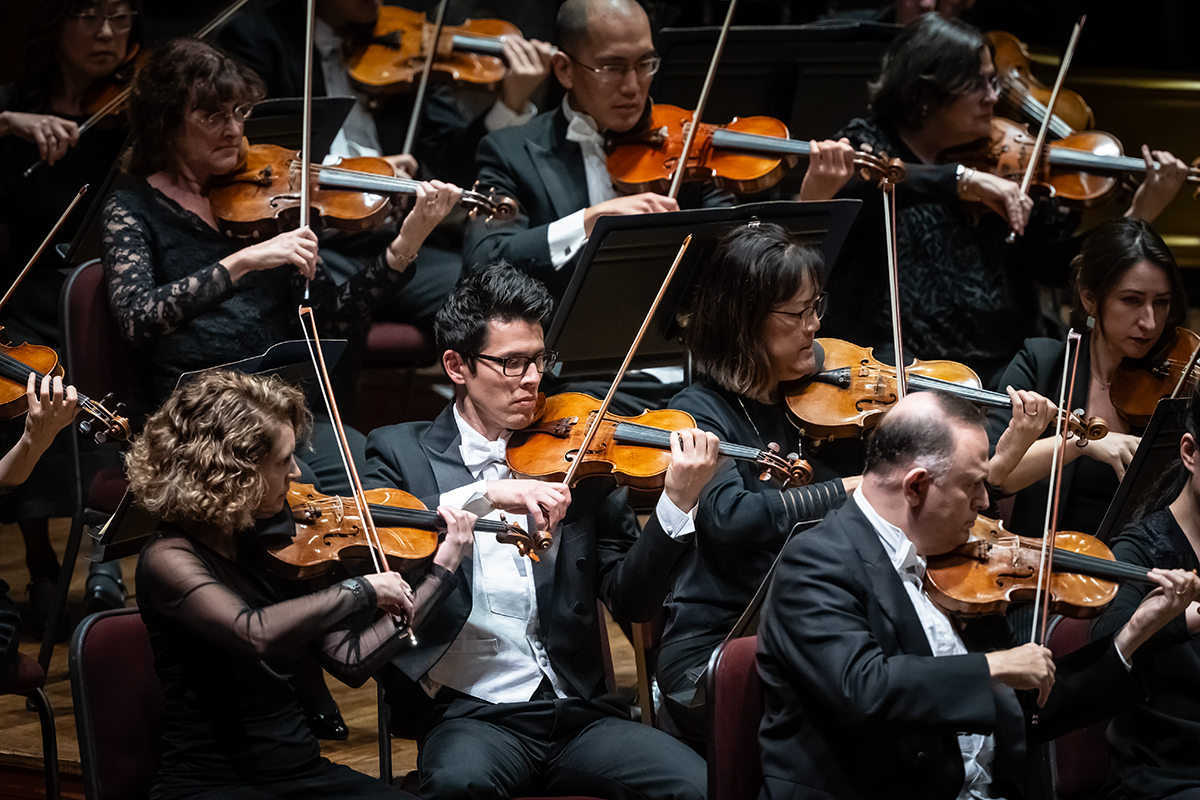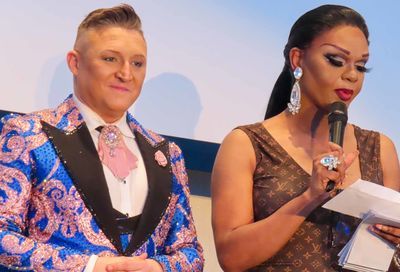Vocal Chords: Maryland Lyric Opera’s Roméo et Juliette
Singers are the stars in charge at Maryland Lyric Opera

“It’s not that talented singers are not born anymore,” says Henriette Lund. “But they are, shall we say, ‘coached to death.'”
A vocal coach at Catholic University, Lund feels the quality of singing in opera has degenerated dramatically in the past 20 years. It is, at least in part, because elaborate staging has become the norm. She recalls a recent production of Barber of Seville in which Figaro had to sing while riding a bike, even while jumping off the handles at one point. When a singer has to perform stunts, “physically, you can maybe hit the notes, but you will never ever sing it well.”
Lund founded the Maryland Lyric Opera Company last year with Brad Clark in reaction to the trend of prioritizing staging over singing. In Lund’s company, those who fundamentally make opera what it is — the singers — are once again the stars in charge. “In the old days it was always about the singers,” Lund says. “The conductor would lead the orchestra to accompany the singers. Today, the singers have to accompany the orchestra.” Not with her company, now offering its second semi-staged production, Gounod’s Romeo et Juliette. In addition to a full accompanying orchestra, MLO has hired dancers and actors to perform in non-singing roles so that the singers “can move and stand and walk where they want” — freeing them to focus on singing and finding their individual voices.
“A good singer is always playing around with his sound,” Lund says. “He’s always spontaneous, he’s never repetitive — because if he were you wouldn’t get any life in the sound.” Yet singers are not trained that way today, the emphasis being on tangible, testable aspects, from how precise one hits written notes to how many languages one can sing in. The result is singing that is sanded down and bland. And this sets up a kind of “vicious circle.”
Explains Lund: “If you’re a good stage director [confronted with] mediocre singing, you say to yourself, ‘We got to do something about this. Get them more to do!’ But the more you get them to do, the worse they’ll sing.” — Doug Rule
Maryland Lyric Opera Company’s Romeo et Juliette is Friday, July 24, at 7:30 p.m., and Sunday, July 26, at 3 p.m., at the Clarice’s Kay Theatre at the University of Maryland in College Park. Tickets are $35 to $100. Call 301-405-ARTS or visit theclarice.umd.edu.
Support Metro Weekly’s Journalism
These are challenging times for news organizations. And yet it’s crucial we stay active and provide vital resources and information to both our local readers and the world. So won’t you please take a moment and consider supporting Metro Weekly with a membership? For as little as $5 a month, you can help ensure Metro Weekly magazine and MetroWeekly.com remain free, viable resources as we provide the best, most diverse, culturally-resonant LGBTQ coverage in both the D.C. region and around the world. Memberships come with exclusive perks and discounts, your own personal digital delivery of each week’s magazine (and an archive), access to our Member's Lounge when it launches this fall, and exclusive members-only items like Metro Weekly Membership Mugs and Tote Bags! Check out all our membership levels here and please join us today!























You must be logged in to post a comment.